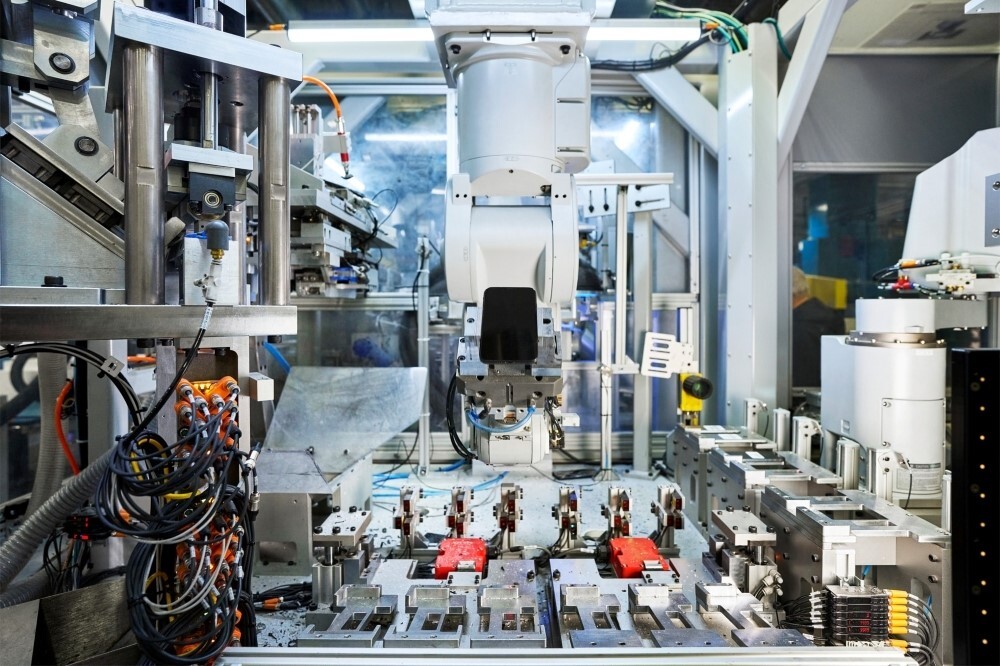

Apple’s effort to source 15 key materials, like aluminium, rare earths and lithium, from recycled or renewable sources is leading to notable cuts in manufacturing emissions.

Image source: Apple
Aluminium plays a central role in Apple’s sustainability efforts, with the company making significant strides in incorporating recycled aluminium into its products. By using recycled aluminium, Apple has reduced the need for primary aluminium production, which is highly energy-intensive. This shift is not only beneficial for the environment but also supports Apple’s commitment to lowering its carbon footprint.
Since 2015, Apple has cut its greenhouse gas emissions by 60 per cent, with a target of 75 per cent by 2030, as noted in its 2025 Environmental Progress Report released on April 16. Emissions fell from 22.6 million to 15.1 million metric tonnes, even as revenue rose 65 per cent to USD 391 billion. While much of this progress stems from renewable electricity, the use of recycled and lower-carbon materials also played a key role, helping avoid 6.2 million metric tonnes of emissions in 2024, known as Scope 4 or avoided emissions, which are calculated by comparing current practices against historical emission trends.
In 2024, Apple reported 41 million metric tonnes of avoided emissions, with 15 per cent of that credited to the use of recycled materials. Since product manufacturing contributes to 54 per cent of the company's total carbon footprint, this shift holds significant weight. Recycled content certified under ISO 14021 made up 24 per cent of the total materials used in Apple products during the year. The MacBook Air led the lineup with 55 per cent recycled material content, followed closely by the latest Mac mini at 50 per cent. Notably, the Mac mini is built using renewable energy, giving it an 80 per cent smaller carbon footprint compared to a traditionally manufactured unit, according to the company.
The company said in its environmental report, “Our strategy is to transition to materials that are manufactured using low-carbon energy and recycled content. We’ve prioritized the materials and components that make up a large part of our product carbon footprint to move us closer to our goal of carbon neutrality.”
Apple has partnered with the Canadian company Elysis, which is developing a groundbreaking aluminium smelting technology that eliminates direct greenhouse gas emissions. While this process is still in the early stages, it has already been implemented in some 2022 iPhone SE models, marking a significant step toward a more sustainable aluminium supply chain.



Responses






